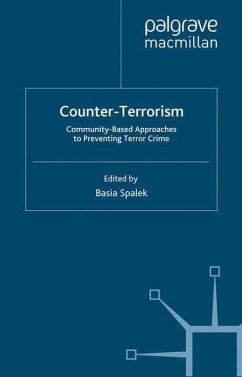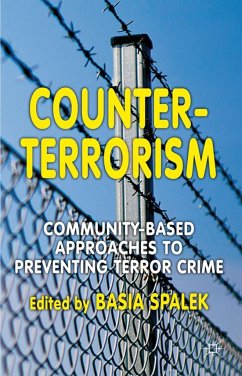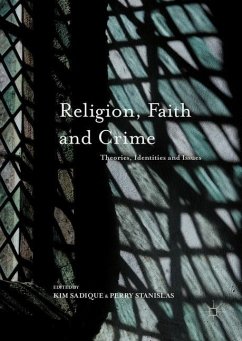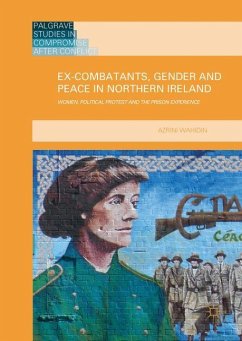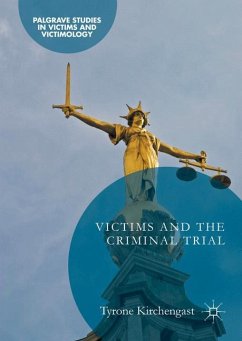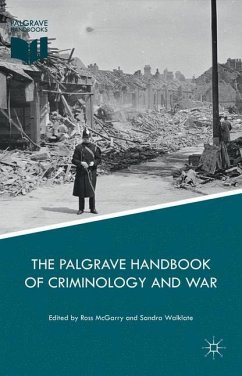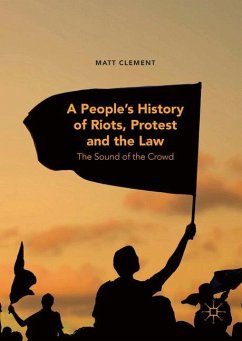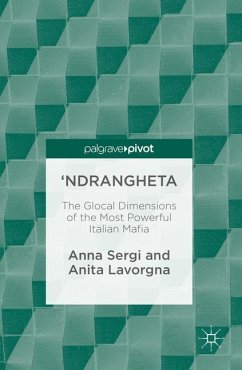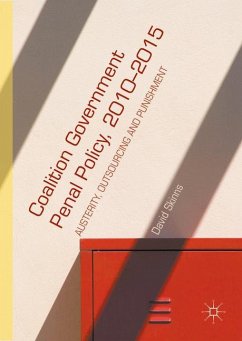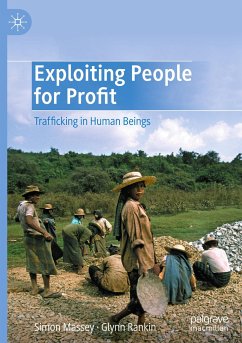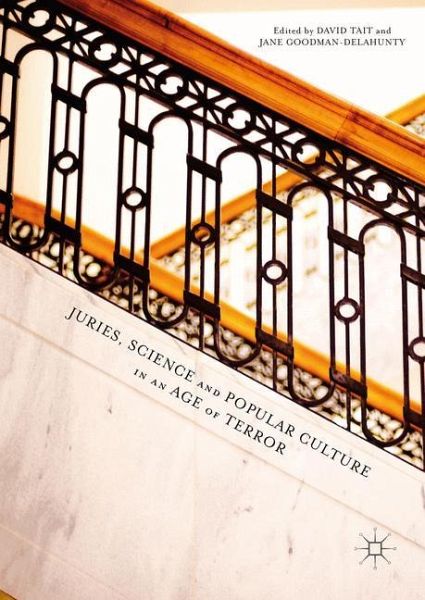
Juries, Science and Popular Culture in the Age of Terror
The Case of the Sydney Bomber
Herausgegeben: Tait, David; Goodman-Delahunty, Jane
Versandkostenfrei!
Versandfertig in 6-10 Tagen
76,99 €
inkl. MwSt.

PAYBACK Punkte
38 °P sammeln!
Terrorism has become an everyday reality in most contemporary societies. In a context of heightened fear can juries be trusted to remain impartial when confronted by defendants charged with terrorism? Do they scrutinize prosecution cases carefully, or does emotion trump reason once the spectre of terrorism is invoked? This book examines these questions from a range of disciplinary perspectives. The authors look at the how jurors in terrorism trials are likely to respond to gruesome evidence, including beheading videos. The 'CSI effect' is examined as a possible response to forensic evidence, a...
Terrorism has become an everyday reality in most contemporary societies. In a context of heightened fear can juries be trusted to remain impartial when confronted by defendants charged with terrorism? Do they scrutinize prosecution cases carefully, or does emotion trump reason once the spectre of terrorism is invoked? This book examines these questions from a range of disciplinary perspectives. The authors look at the how jurors in terrorism trials are likely to respond to gruesome evidence, including beheading videos. The 'CSI effect' is examined as a possible response to forensic evidence, and jurors with different learning preferences are compared. Virtual interactive environments, built like computer games, may be created to provide animated reconstructions of the prosecution or defence case. This book reports on how to create such presentations, culminating in the analysis of a live simulated trial using interactive visual displays followed by jury deliberations.
The team of international, transdisciplinary experts draw conclusions of global legal and political significance, and contribute to the growing scholarship on comparative counter-terrorism law. The book will be of great interest to scholars, students and practitioners of law, criminal justice, forensic science and psychology.
The team of international, transdisciplinary experts draw conclusions of global legal and political significance, and contribute to the growing scholarship on comparative counter-terrorism law. The book will be of great interest to scholars, students and practitioners of law, criminal justice, forensic science and psychology.



